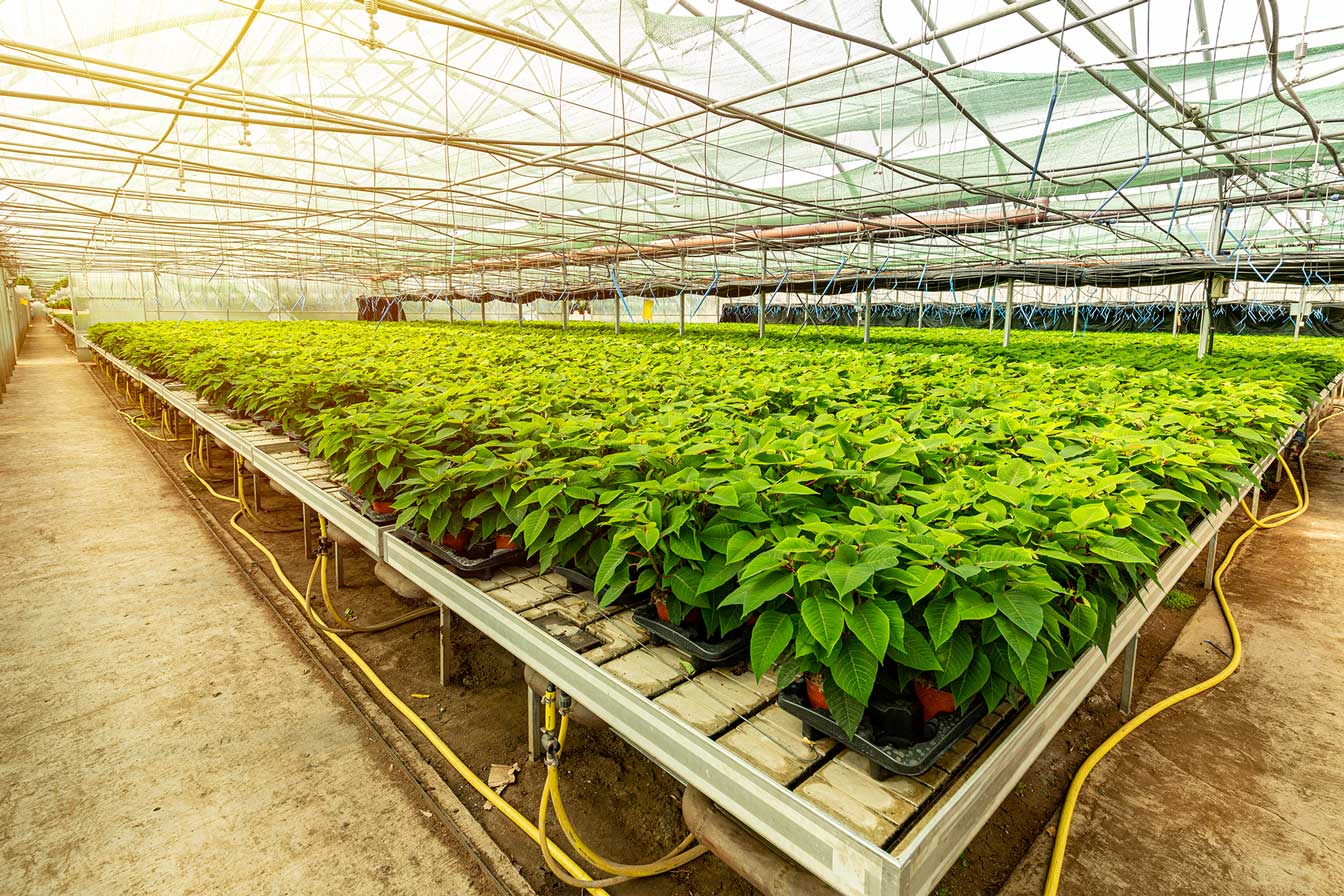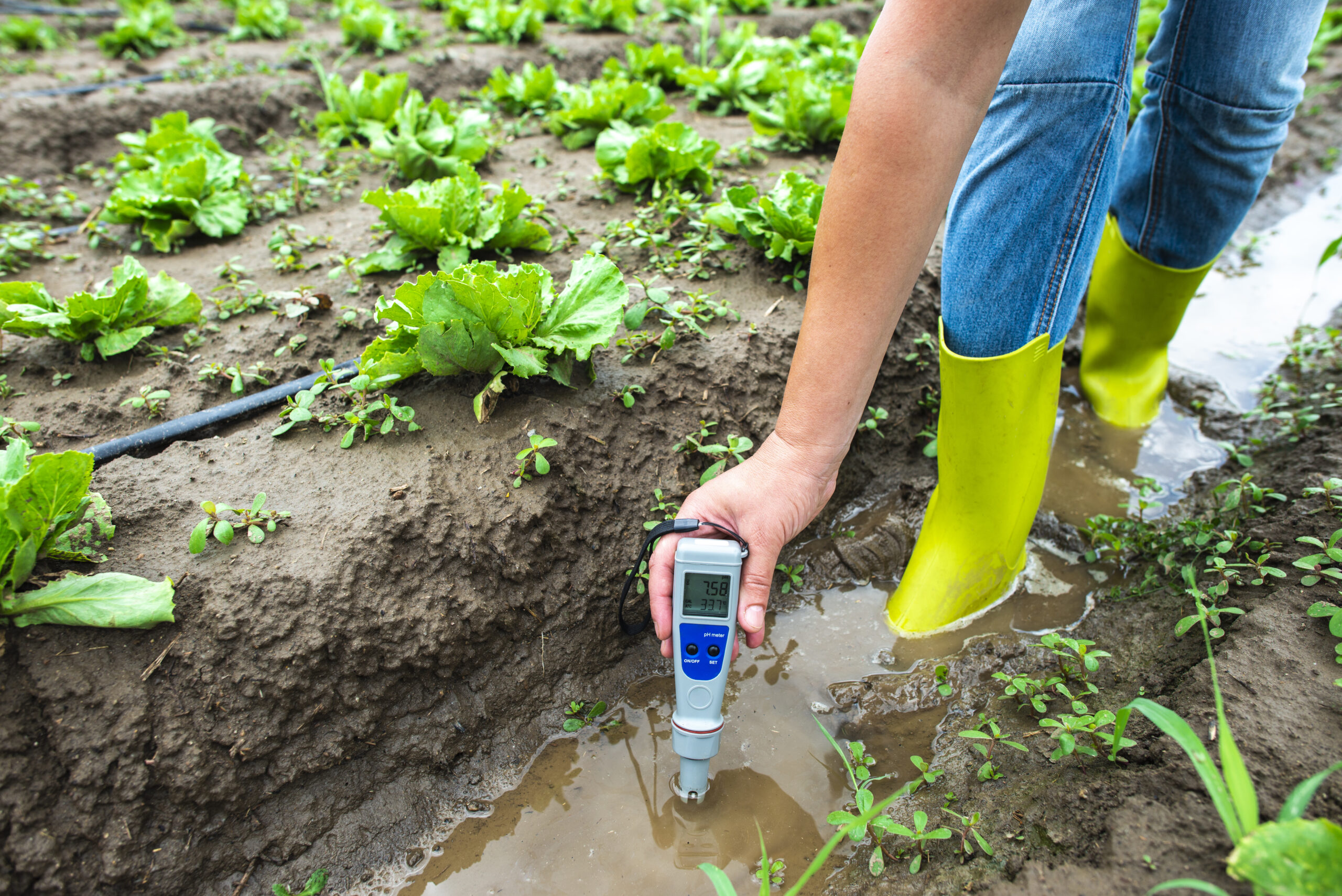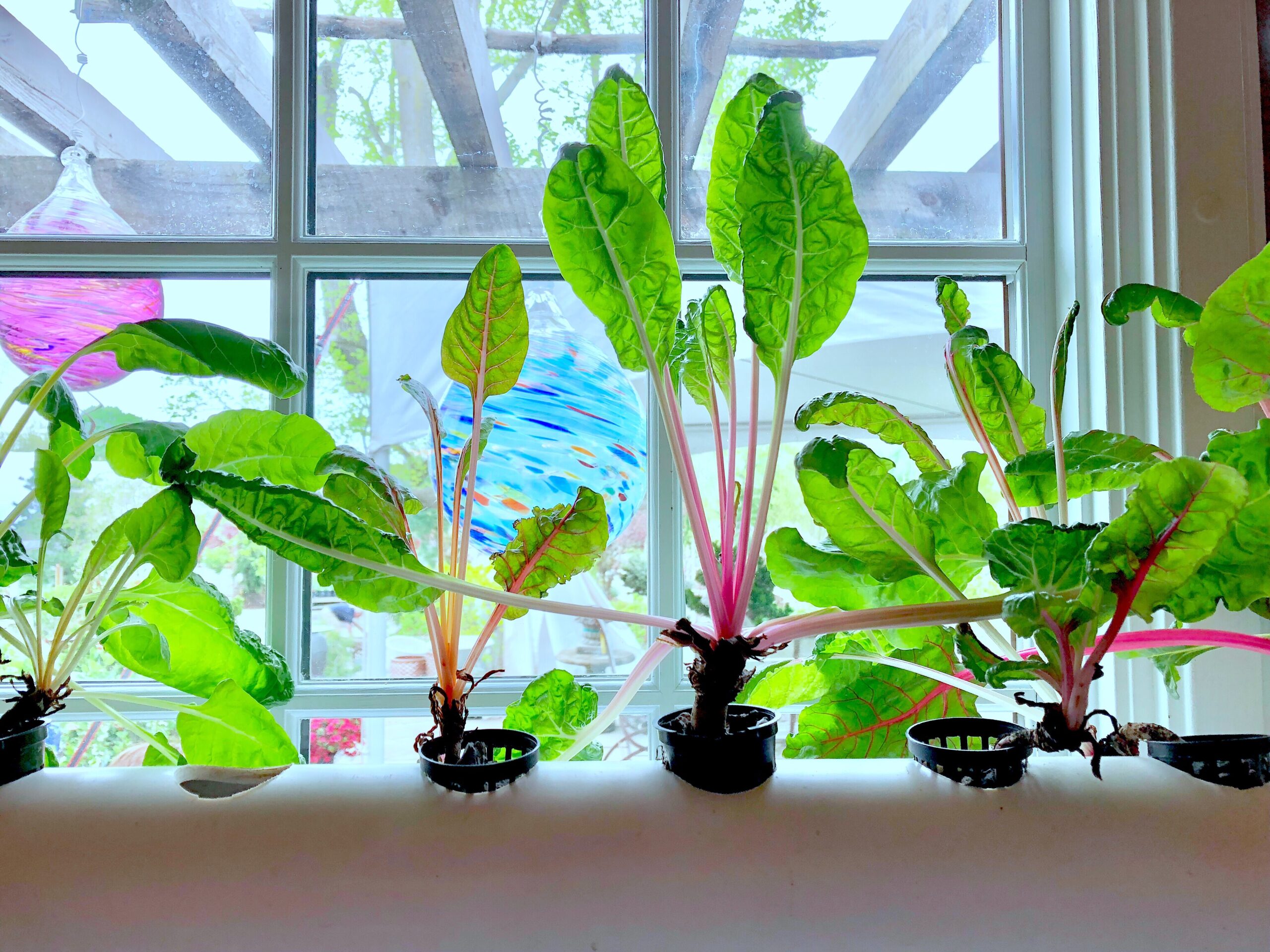Hydroponics is a sustainable way to farm because it addresses several key challenges associated with traditional soil-based agriculture. It offers various environmental, resource efficiency, and productivity benefits that contribute to its sustainability. Here’s why hydroponics is considered a sustainable farming method:
- Water Efficiency: Hydroponic systems use significantly less water compared to conventional farming. In traditional agriculture, water can be wasted due to runoff, evaporation, and inefficient irrigation methods. In hydroponics, water is recirculated and delivered directly to plant roots, minimizing water loss and ensuring that plants receive the exact amount of water they need.
- Nutrient Efficiency: Hydroponic systems provide precise control over nutrient delivery. Nutrient-rich solutions are delivered directly to the plant roots, reducing the need for excess fertilizers that can leach into groundwater and cause pollution. This targeted nutrient delivery also leads to healthier plants and faster growth.
- Space Utilization: Hydroponics allows for vertical farming and dense planting, making more efficient use of limited agricultural land. This is particularly important as urbanization increases and arable land becomes scarcer.
- Reduced Land Disruption: Traditional agriculture often involves soil tilling, which can lead to erosion and disruption of ecosystems. Hydroponics eliminates the need for extensive soil cultivation, helping to preserve natural habitats and prevent soil degradation.
- Pest and Disease Control: In hydroponic systems, plants are grown in a controlled environment, which can reduce the need for pesticides and herbicides. This minimizes the negative impacts of chemical runoff and the development of pesticide-resistant pests.
- Climate Independence: Hydroponics can be practiced in various climate-controlled environments, including greenhouses and indoor facilities. This reduces the reliance on favorable weather conditions, making it possible to grow crops year-round and in regions with challenging climates.
- Higher Crop Yields: With optimal nutrient and environmental conditions, hydroponics often results in faster and more abundant plant growth compared to traditional methods. This increased productivity can help meet growing global food demands without expanding agricultural land.
- Reduced Energy Use: While hydroponics requires energy for lighting, climate control, and water circulation, the overall energy consumption can be lower than what’s needed for large-scale mechanized traditional farming.
- Minimized Soil Degradation: Traditional agriculture can lead to soil depletion and erosion, which take a toll on long-term agricultural productivity. Hydroponics eliminates these concerns by not relying on soil for plant growth.
- Conservation of Resources: Hydroponic systems can be designed to recycle water and nutrients efficiently, minimizing waste and resource consumption. This is especially relevant in regions where water and fertile soil are scarce.
While hydroponics offers many sustainability benefits, it’s important to note that the technology and practices are still evolving. The initial setup costs, technical expertise required, and energy use in controlled environments are some challenges that need to be considered when evaluating the overall sustainability of hydroponic systems. However, ongoing research and advancements are addressing these challenges and making hydroponics an increasingly viable and sustainable method of farming.




